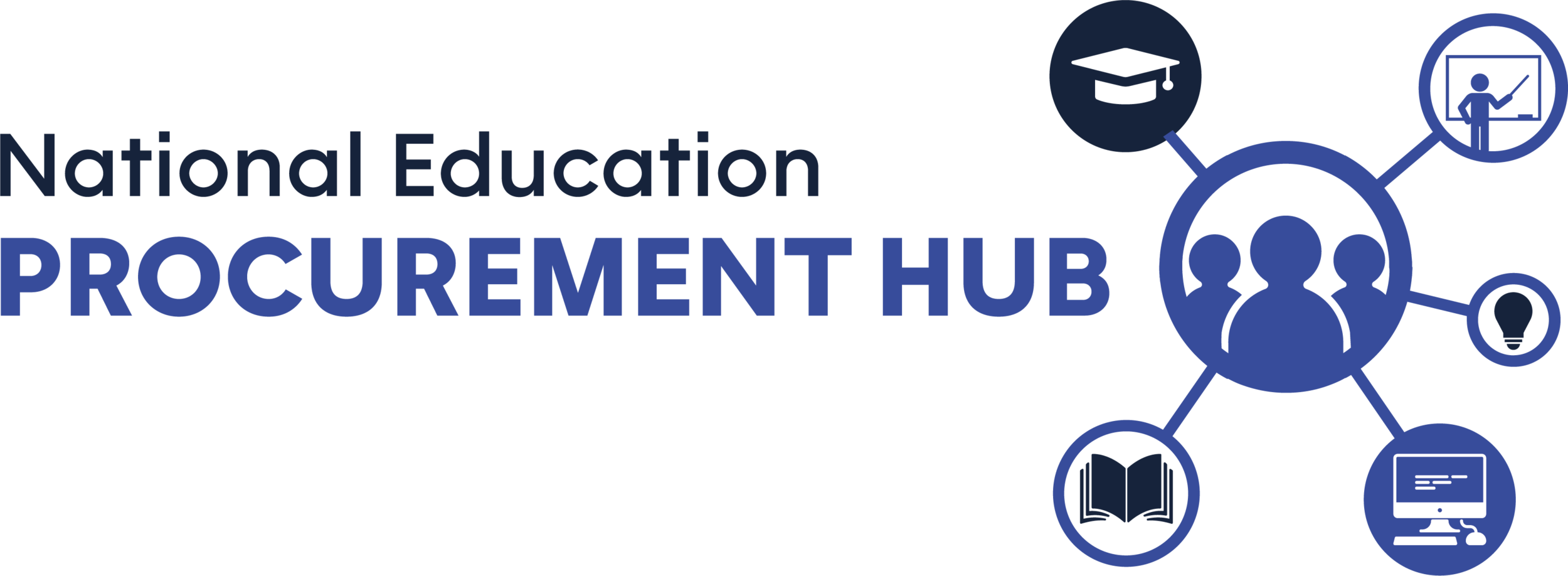Cyber Security Awareness Month
October is cyber security awareness month. Since schools need to store a lot private and sensitive data, is it incredibly important to have a high-level of cyber security when using networked computers and services.
Failing to do this can not only have a detrimental effect on the school’s reputation, but also the ability to function. In addition, schools could face legal problems as they have an obligation to protect data.
Below we will discuss the most common cyber security issues and the steps you can take to minimise the risks.
5 Cyber security risks
Phishing
Phishing is one of the most common cyber-attacks performed by cyber criminals. This is when scammers send an email to a lot of people that attempts to steal personal information. Things to look out for when you are unsure of an email are; poor quality logos or images, spelling/grammatical errors, an email not addressed to you by name or demanding that you act urgently. If something does not look legitimate or you fear you may have been scammed, it is important staff and students tell the IT team so that potential damage can be minimised.
Insecure Passwords
Using a weak password or using the same password for many accounts can cause them to be ineffective. To avoid hackers or cyber criminals gaining access to devices and accounts it is important that you choose passwords that cannot be easily guessed by others. For example, using the name of your partner, child or pet, your favourite sports team, or a list of numbers. Always use two-factor authentication for sensitive accounts and lock your account when you are not using it.
Virus Spreading
Using USBs and pen drives are useful when transferring data across multiple devices. However, this can lead to viruses spreading across computers and networks. To avoid this, try to email documents or store them on an online storage provider whenever possible. If you must use USBs or pen drives, ensure that you are only using ones that are provided to you by your school and that they are password protected.
Working from home
Accessing data at home also poses a threat to your school’s cyber security. Since you are still responsible for protecting data whilst working from home, it is important that you have up to date antivirus software installed on your home devices. You should also ensure that they are secured with strong passwords, two-factor authentication and that you have downloaded all available software updates.
Social Media
Social media can pose cyber security risks. Particularly for young people as they often share personal information on the internet without realising the impact. To minimise the threat if criminal activity you should restrict what can be seen on your profile by changing your setting to ‘private’. You can reduce the risk of criminal behaviour by being sensible with what you share online and who you share it with. Sharing your address or when you are going on holiday can attract criminal behaviour and accepting people you do not know can make you a target for fake accounts.
Simple steps to stay cyber secure
1. Ensure all software updates have been installed
2. Always lock device or screen when it is not being used
3. Only download applications from official app stores
4. Don’t share any accounts with others
5. Create a culture of questioning and always ask if something seems illegitimate
Managed IT support services for cyber security, are available through the CPC Multifunctional Devices and Digital Transformation Solutions framework click here to find out more.

